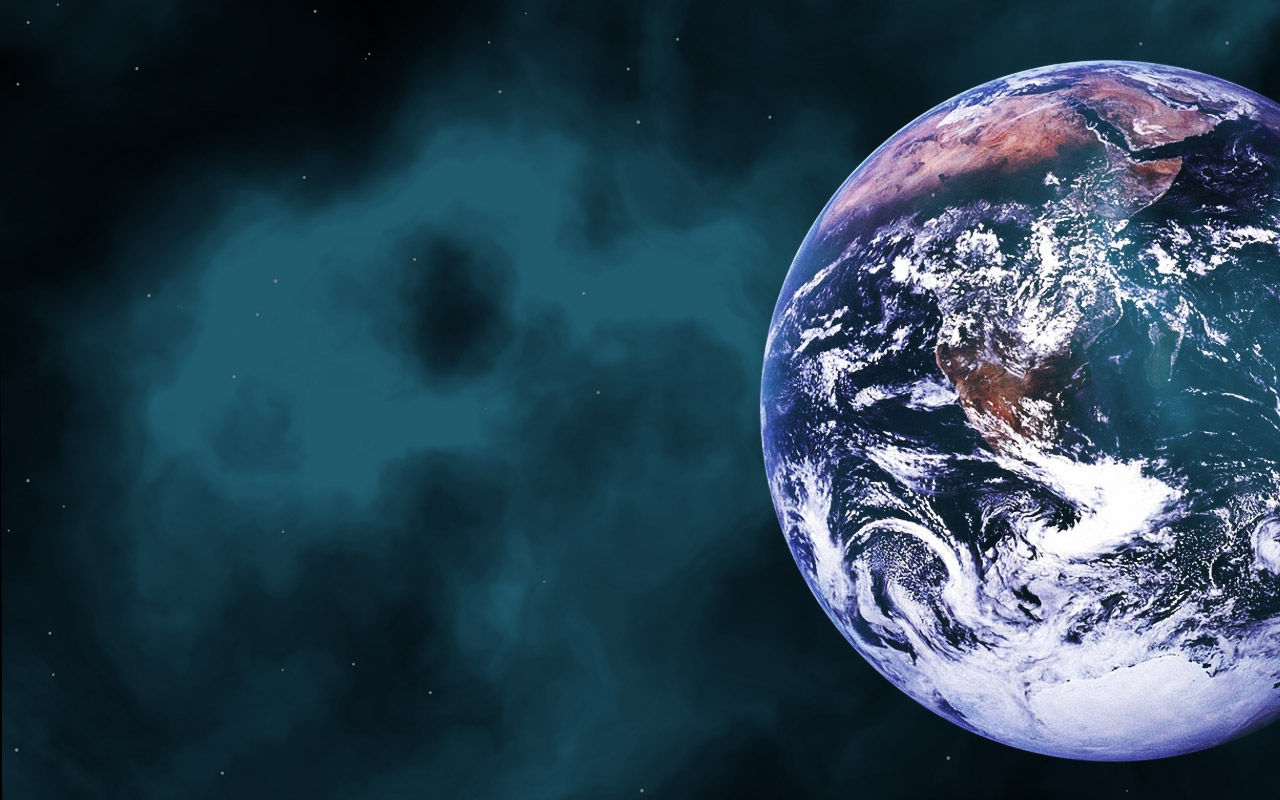Dear Organizations Screwing The Planet And People Over Profit,
People at the lower ends of economic scales and time burnouts from hectic jobs and lives will apologize for every plastic water bottle, straw, and other disposable thing we’ve used--on the day that the companies that bottle water own up to being accountable to cost cutting at the expense of the planet by producing these items to begin with.
We are trying to do better, despite the fact that water is constantly being privatized, polluted, drained through pipes contaminated with lead or with potential leftover or unfiltered chemicals—though the CDC maintains that chlorination treatments do not usually pose significant health risks. Those who can boycott the companies making ‘disposable’ plastic items; those who struggle achieve smaller steps—using reusable glass bottles, keeping water filters up to date, replacing Ziploc with reusable cloth sandwich bags, tin foil with Tupperware (all available from Amazon.com, Walmart, and other highly convenient but exploitatively run places most of us on small budgets are guilty of buying from, even as it produces cognitive dissonance from our disagreement with how they treat their labor force and monopolize the industry in ways that make products economically inaccessible from other sources). Other small steps may include reusing glass jars from sauce and jam and reusing to gift to friends or family full of cookies (muffins, pasta, knick-knacks), using big jugs of water instead of 30 separate bottles (to at least limit the plastic used), and the 1000 other small steps that people make on a daily basis, shamed or inspired by environmental campaigns focusing on the harm that’s been done and the magical better world each of us can create, if we just all chip in.
We try to do better—try to make this world come into being--but it’s hard to not feel like the effectiveness is limited when pride from these small achievements to join the cause are cut short by the latest news article about whales washing up on beaches, dead, with stomach and innards stuffed with plastic waste. This is spliced between updates on drought in dryer areas across the world, subsequent famines when crops do not get watered, as well as contamination of crops from industrial, agricultural, or sometimes burial related runoff.
So, on behalf of those wanting a better world to make decisions within, here’s what we’re facing. The most effective ways to protest are prohibitively expensive and time consuming to those on set budgets and tight schedules, and to be honest, we’ve been raised in a world (shaped by you) where the cheapest and worst options—for ourselves and the environment—are the most convenient. This is true from fast food to readily available, cheap, ‘disposable’ items that are the least likely to decompose until the year 2500.
We try to do better with what we are handed, and we feel pride in small steps met—but then we’re still met with despair provoking images and for the poorest, situations where the water that runs through their pipes is either undrinkable—black, murky, unsafe for human consumption even when run through affordable filters—or non-existent except under condition of daily hikes to water sources—prompting a greater reliance in these areas on bottled water imports, a significant profit for companies. These crises are sometimes sparked by water privatization--water claimed and bought by corporations across the world who do not consult the populations who live on the surrounding lands and rely on the fresh sources for drinking, bathing, and cleaning clothes, dishes, and their homes. Other times the water crisis is sparked by funding neglect from local and state governments—neglect in allocating funding for regular infrastructure inspection, maintenance, and replacement on both public streets and in privately owned homes (in the form of tax returns, vouchers, or other means.)
Thanks to these actions, we are left feeling helpless against impending massive extinction, adaptation, and society-collapsing events. Knowing that species and societies have gone extinct across history does nothing to lessen the striking nature of our specific predicament today—that of the man-made nature of our potential destruction scenarios. It also doesn’t lessen our fear that humankind’s damage threatens the very existence of life on earth itself. In an age of man-made miracles, which has transformed every inch of the planet we have and opened up imaginative worlds across the galaxy, our self-awareness of the potential of these disasters makes the situation unique.
Driving in the stake is knowing that you, environment destroyers, could change the whole game. We are left to contemplate your existence from afar—the people on this planet today with the power to change things, but who choose instead to continue to produce pollutants and screw the planet for profits. Some of you major game players are in government, others run corporations, and yet others still are simply wealthy tax dodgers failing to contribute excess financial gains to the national and global communities you live within. It’s infuriating to not have power we wish for on the ground level to bring about transformation, and even moreso to be shamed by campaigns funded by people who do have this power—reduce, reuse, recycle, and just band together you plucky citizens of the world. You can change the world. Feel good now and redirect attention to individual habits—so you are blindfolded to all we as wealthy are and aren’t doing.
While the poor struggle to make it through each day in ways that sometimes makes it extra difficult to attend to greater world problems, you have the power to change production patterns, the power to give mass funding to scientists and science-based organizations, and the power, quite frankly, to find healthier patterns of response to the connected problems of drought, water pollution, water contamination, and water privatization—but you’re just choosing not to, so you can buy another yacht.
So, from the struggling to the powerful: We already care, more than you; shame not necessary.
But we’ll only feel guilty when you admit guilt, first.

Until then, fuck off.
Sincerely,
People doing their best



